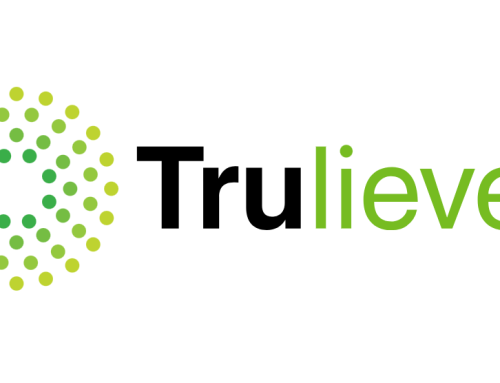Trulieve Redeems $368M in Notes, Signaling Debt Reduction Push
TALLAHASSEE – Trulieve Cannabis Corp. has announced its decision to redeem its entire $368 million portfolio of 8.0% senior secured notes, due in 2026. The company issued the redemption notice, setting an early payoff date of December 4 at 100% of the principal plus accrued interest, according to a filing with the Securities and Exchange Commission (SEC).
This full call on the debt, originally issued in 2021 to fund expansion during a period of aggressive store openings and acquisitions, comes as Trulieve reports steady revenue growth in its latest quarterly results. The redemption, funded through a combination of cash on hand and available credit facilities, reduces Trulieve’s long-term debt load by about 25%, leaving it with roughly $1.1 billion in total obligations as of the end of September.
This redemption represents a calculated effort to trim debt in an industry weighed down by Section 280E taxes and slow federal reforms. Over the last 12 months, Trulieve’s financial position has improved notably, marked by positive free cash flow, a milestone not seen since 2022. Settling the notes early secures about $29 million in yearly interest relief, calculated at the 8% coupon rate on the $368 million principal, while redirecting funds toward internal expansion or strategic deals. Such moves fit a pattern across the sector, where firms increasingly focus on shedding leverage to counter eroding profits from falling bulk flower prices and oversupply dynamics.
The move also underscores Florida’s outsized role in Trulieve’s operations, where it holds roughly 40% of the medical Cannabis market. The recreational ballot measure in November 2024, which drew 55.8% support but missed the 60% threshold for passage, keeps the state in a medical-only framework [for now], preserving Trulieve’s entrenched position while curbing near-term expansion hopes. Federal rescheduling to Schedule III, however, sits in limbo under the current administration, prolonging tax inefficiencies under Section 280E.
Trulieve’s CEO, Kim Rivers, highlighted the financial flexibility in a prepared statement:
“This action positions us to execute on our strategic priorities without the drag of near-term maturities.”
Critics, however, point to risks in over-reliance on a single state. Trulieve retains a strong market presence in Florida, exposing it to policy shifts that could cap patient growth or invite federal scrutiny. In the meantime, while debt reduction bolsters credit ratings [Trulieve’s notes traded at a premium to par value in secondary markets pre-announcement] it may limit firepower for out-of-state acquisitions at a time when consolidation accelerates.
To all intents and purposes, this redemption feels like a quiet win for Trulieve. It sheds legacy debt from the boom years without diluting shareholders, buying time to navigate 2026’s uncertainties. In a business where cash dominates and capex demands never sleep, such discipline could separate survivors from the pack. Currently, Trulieve’s ledger looks a shade cleaner, and that’s no small feat in this game.



































